Crime wave risk as borders open, says Reece Kershaw
AFP Commissioner Reece Kershaw has warned that reopening international borders could trigger a wave of drug smuggling and human trafficking
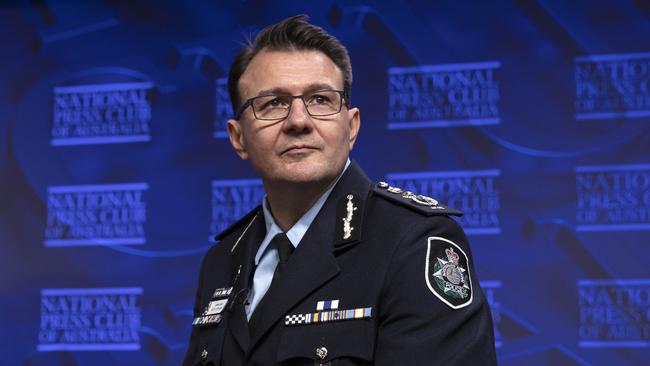
Australian Federal Police Commissioner Reece Kershaw has warned that reopening international borders could trigger a wave of drug smuggling and human trafficking, after being appointed chair of the Five Eyes Law Enforcement Group.
Mr Kershaw – the first AFP chief to lead the group of nine Five Eyes security agencies – said attempts to import drugs and traffic vulnerable people in and out of Australia would likely surge as Covid-19 restrictions eased.
The Australian understands security agencies are concerned that the resumption of overseas travel and pent-up demand will drive activity among drug, sex and human traffickers across Southeast Asia.
People-smugglers are also being monitored following the Taliban’s return in Afghanistan.
Mr Kershaw, who replaced US Drug Enforcement Administration head Anne Milgram as FELEG chair under a two-year rotation, said the Five Eyes security alliance was focused on neutralising “serious threats that undermine international and domestic security, financial stability and democracy”.
The FELEG consists of the AFP, Australian Crime Commission, FBI, DEA, UK National Crime Agency, Royal Canadian Mounted Police, New Zealand Police, US Homeland Security Investigations and US Immigration and Customs Enforcement.
Mr Kershaw, who marked his second year as AFP Commissioner on October 2, said criminal gangs would try to “smuggle more contraband into Australia when more flights resume”.
“My warning to criminals is this: do not test the AFP and our partners’ resolve to identify and charge you. Operation Ironside provided a glimpse into the industrial-scale importation of drugs into Australia,” he said.
“Transnational serious organised crime will continue to target Australia but the AFP is systematically busting open the leaderships of outlaw motorcycle groups, cartels and syndicates.”
Operation Ironside, which involved co-operation with the FBI in targeting dedicated encrypted communications platforms used by crime gangs, resulted in hundreds of arrests and the mass seizure of drugs.
Mr Kershaw said criminals would ramp up efforts to prey on vulnerable people and traffic them in and out of Australia when borders reopened: “The AFP will be a step ahead in readiness to bring these offenders before the court.”
Following warnings from Home Affairs Minister Karen Andrews about the risk of violent extremism when crowds return following the removal of Covid-19 restrictions, Mr Kershaw said the pandemic had “inflamed the threat of terrorism”.
“The threat of terrorism has not dissipated. Like the child predators who are finding more victims online because of lockdowns, those with extremists’ views are using the pandemic to recruit and spread their misinformation.”
Mr Kershaw said global transnational organised crime threats “against governments, business and individuals have been compounded by the Covid-19 pandemic” and the FELEG would “leverage its collective capabilities” to keep people safe.
He said the AFP was under “no illusions about the growing challenge in front of us … Technology and legislation will need to continuously evolve to ensure we can continue to keep Australians safe from murderers whose violence is motivated by greed and turf wars.”
With US President Joe Biden pushing for a greater global focus on the threat of cyber attacks, which have crippled critical infrastructure across the globe including in Australia, Mr Kershaw said fighting cybercrime was “front of mind” for the AFP alongside espionage, foreign interference and child exploitation.
The AFP has deployed dedicated cyber liaison officers to Serbia and South Africa and an AFP officer will be sent to the National Cyber-Forensics and Training Alliance in Pennsylvania to strengthen collaboration with US cyber security agencies.
Mr Kershaw described cybercrime as the “break and enter of the 21st century (but) unlike traditional burglaries, offenders can be thousands of kilometres away and still reach Australian wallets and nest eggs.”
“But this is no barrier for the AFP … the AFP will disrupt and arrest offenders who seek to harm Australians, no matter where those criminals are in the world.”


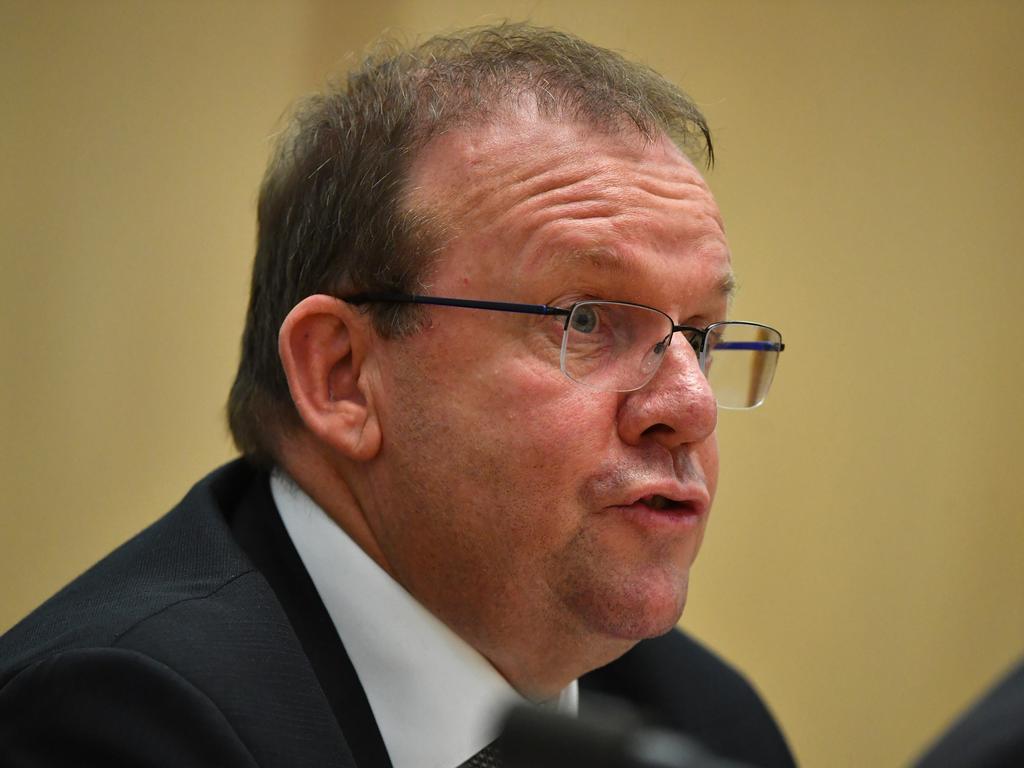
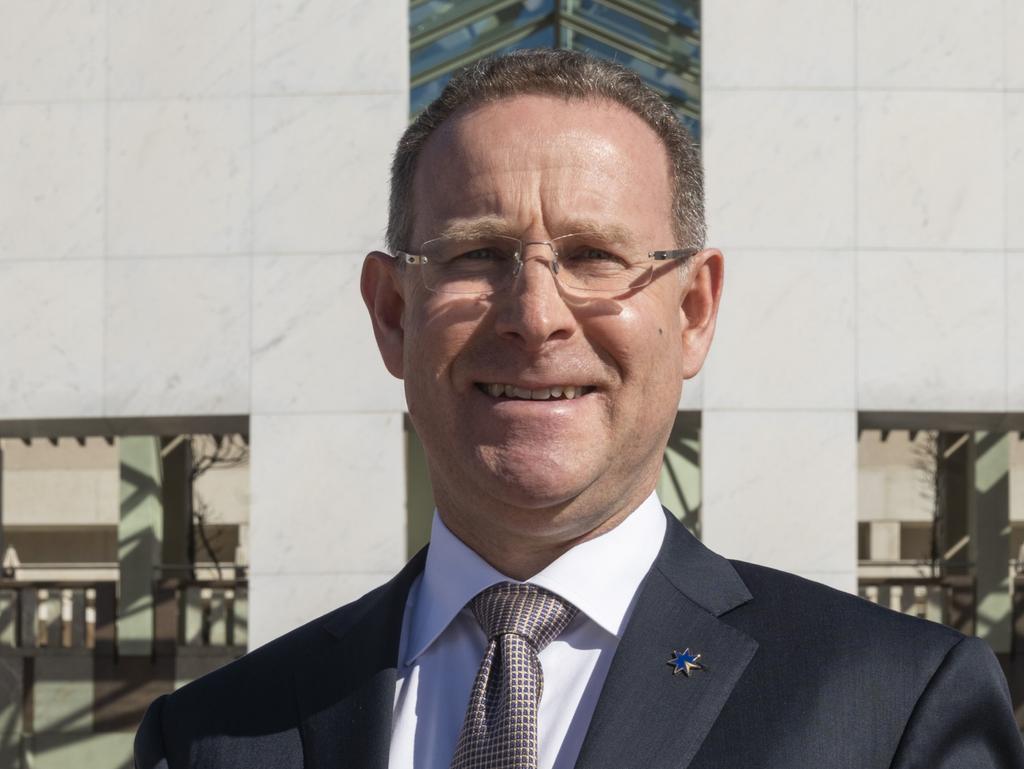

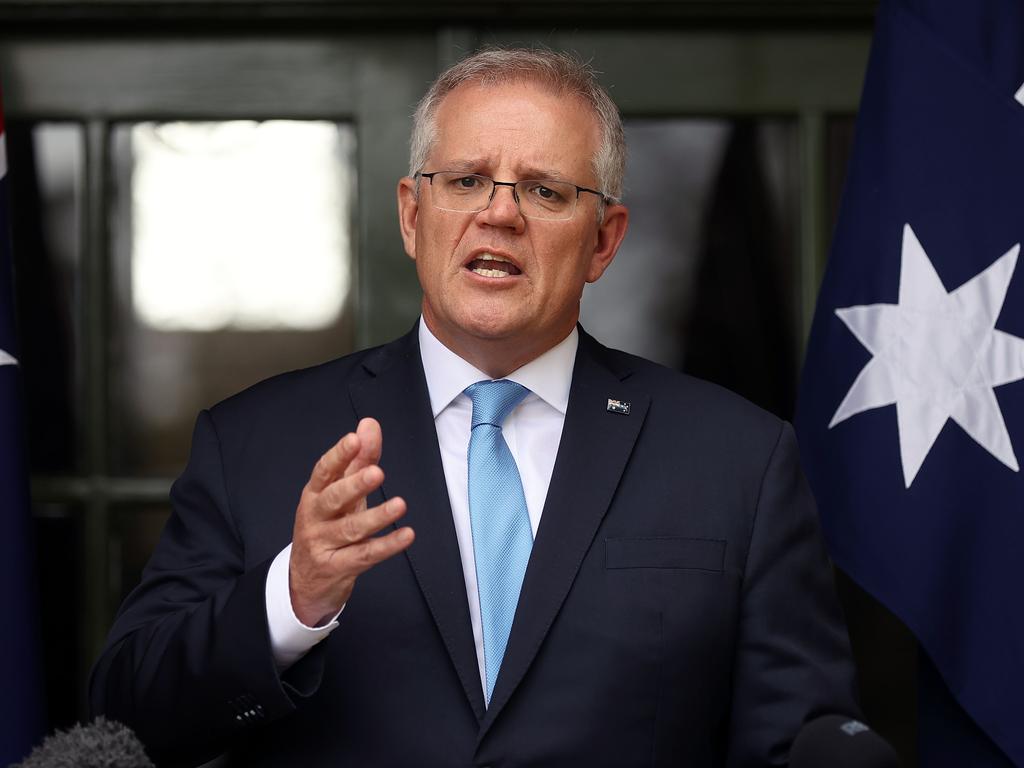
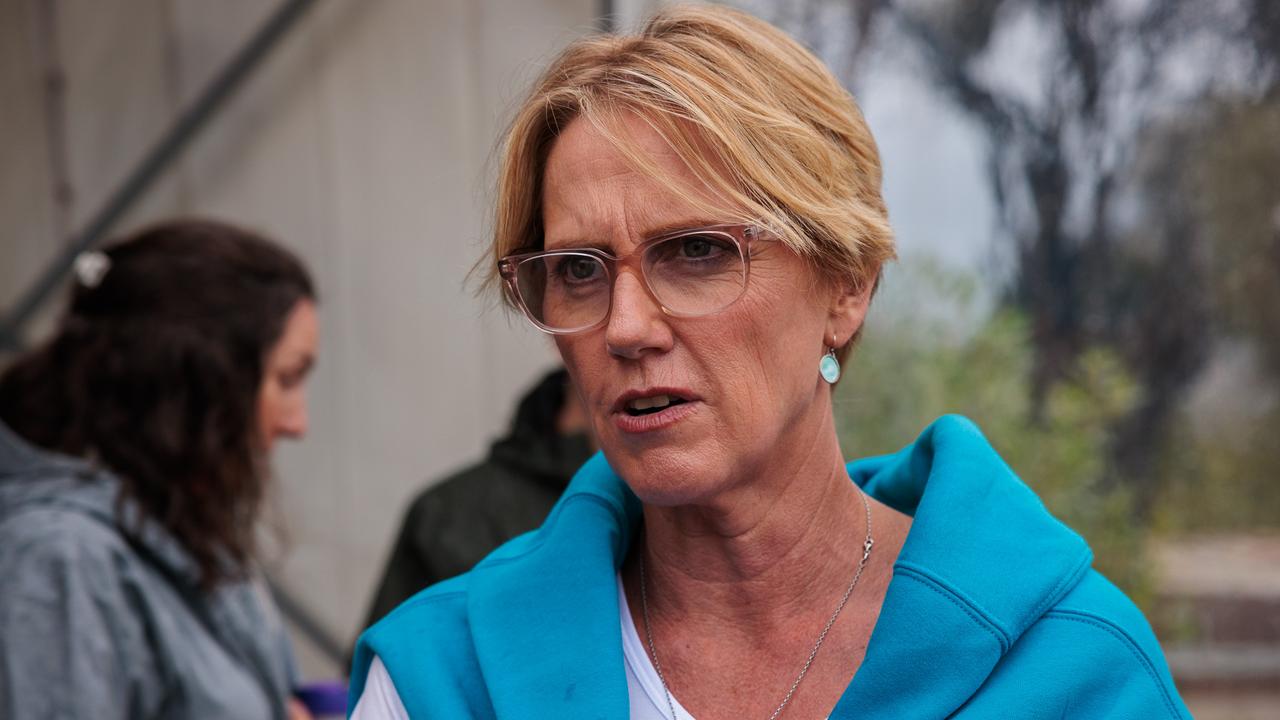
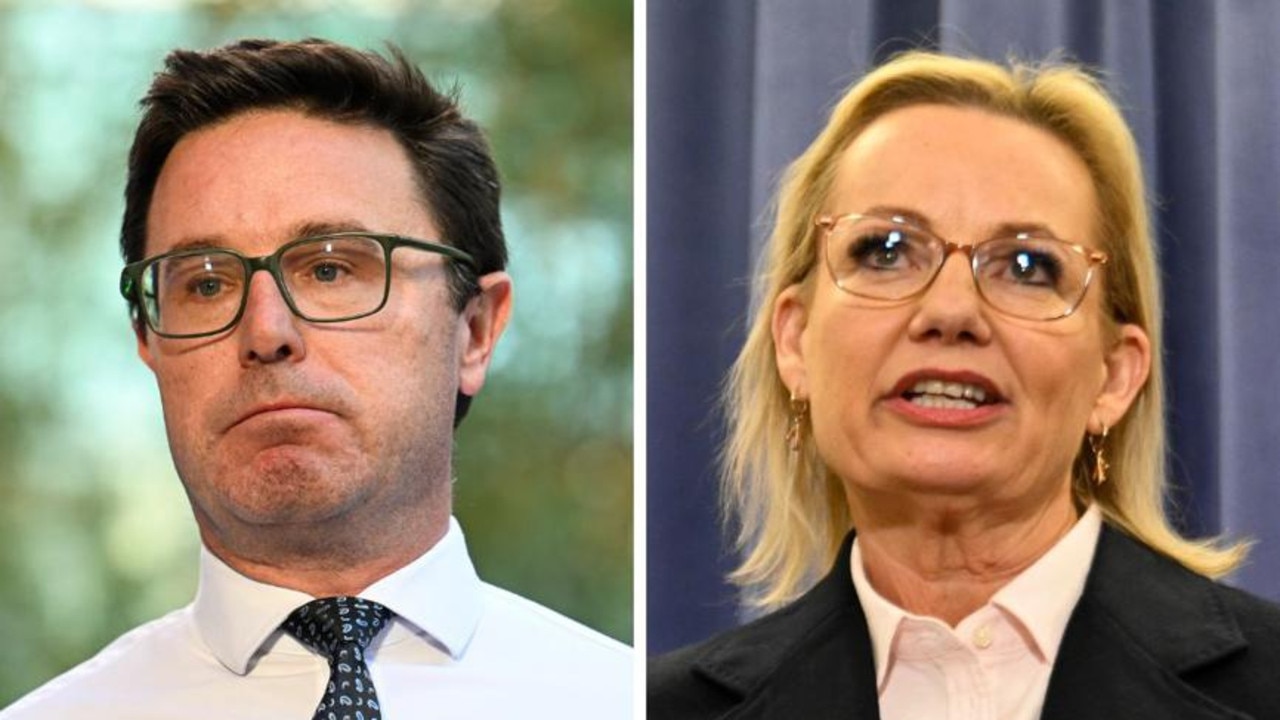
To join the conversation, please log in. Don't have an account? Register
Join the conversation, you are commenting as Logout